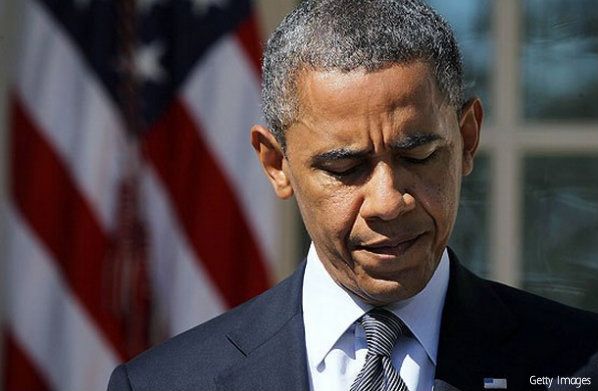In a move unseen since George H. Bush, President Obama blocked a Chinese company’s acquisition of a small wind farm in Oregon. The White House justified its action as necessary for the national security since the wind farm is near a Navy base said to test drones and conduct electronic warfare and air combat training.
However, the maneuver comes at a time of dramatic trade tension between the United States and China, and in some cases for good reason. The United States needs to stand up against China’s infringement of U.S. intellectual property, something that both presidential candidates have emphasized.
Yet the Administration also needs to pick its battles and recognize that we very much need to remain an engaged and welcome trading partner for countries around the globe, including China. The Council for Foreign Relations (CFR) claims regardless of the national security threat, the administration could have handled the acquisition with much more diplomacy:
…it’s clear that the whole business has been handled abysmally. If the location of the wind farm did indeed pose real security concerns, the U.S. government should have worked quietly with the company to help it find a reasonable way to divest. The transaction was far too small and inconsequential to have risen to the level it did.
Instead, by forcing a presidential action, it becomes a big, public slap-down to another Chinese company. That is not in the economic interests of a country – the United States – that needs all the foreign investment it can get.
CFR is right to assert that U.S. relations with China must be handled delicately and not in a heavy or haphazard fashion. Chinese foreign investment in the U.S. has been on the rise, despite the rhetoric from the administration. This influx of business dollars (or Yuan, in this case) can spur job creation and give an extra push to the U.S. economy, which is something we sorely need.


